Text
who's afraid of little old me makes me want to claw my skin off my face as the blood drips down my fingers and past my wrists
#like a woman who finally snaps and just goes apeshit#the witch in the woods everyone warned you about#who's afraid of little old me?#ttpd#taylor swift#the tortured poets department#maniacal laughter echoing through dark empty halls#snarls ripping through throats#a monster who was caged#finally free
9 notes
·
View notes
Text
I think a huge reason why i love who's afraid of little old me so much is because the second we heard the title everyone was like "who's afraid of little old me ?? I am I'm so scared of taylor lololol" therefore kind of implying (at least in my head) that it would be her like genuinely asking and her wanting to be seen as human and not some creature you'd be scared of and so i guess i just kind of expected a soft song making a point for her own humanity but it was the complete opposite and she said "you turned me into this now see what happened to you and what WILL happen to you if you cross me" and i was so surprised that she told us we should be afraid of her
#also just all the rage in it#it also reminded me of mad woman and vigilante shit#and i love those songs#ttpd#the tortured poets department#taylor swift#who's afraid of little old me?
30 notes
·
View notes
Text
Who's Afraid Of Little Old Me? Sounds like if reputation was actually scary and wasn't a love album
50 notes
·
View notes
Text
Petition for Florence to cover Who's Afraid of Little Old Me? the witchy vibes would suit her so well
#i think i will actually ascend#florence + the machine#florence and the machine#fatm#florence welch#taylor swift#the tortured poets department#who's afraid of little old me?#ttpd
78 notes
·
View notes
Text
'who’s afraid of little old me?' is the depressed elder sister of 'you're on your own kid' but turned out as a rebel bitch who dresses up like punk core aesthetic and would punch anyone if they dared to cross her way
#lmao me#the tortured poets department#taylor swift#ttpd#who's afraid of little old me?#midnights#you're on your own kid
453 notes
·
View notes
Text
reblog and tag the 3 ttpd songs you relate to most <3
#the albatross#who’s afraid of little old me#and the prophecy#the tortured poets department#ttpd#taylor swift
315 notes
·
View notes
Text
religion is one of the most prominent recurring themes on the album, and it has been present in some capacity for quite a few records now. taylor previously compared love to religion: her saving grace, her belief system, and a fated divine intervention (false god, cornelia street, and cruel summer are the best examples of this). ‘sacred new beginnings that became my religion’ and ‘we’d still worship this love even if it’s a false god’ are two of the defining statements about her philosophy on the lover album.
taylor doesn’t want to leave all of that behind on ttpd, at least not at the beginning. the first supernatural force she mentions is the spaceship on down bad, which she compares to a skylight of freedom in the epilogue. *something* has finally come to save her from her life of suffering. she doesn’t care if it’s a force of good at first; if anything, she’s just fine being taken away by aliens. she views this man as her destiny. it isn’t until guilty as sin? that taylor starts to ponder the moral implications of what she’s doing. is she guilty as sin for wanting to leave her previous religion and relationship behind? she comes to the conclusion that, even if she rolls the stone away and gets resurrected/redeemed, she cannot avoid the fallout. she is okay with the thought of having to wait, as long as both lovers vow to be together forever, just as she once did with someone else in false god. ‘I choose you and me religiously’ finishes the bridge of the song in a direct callback to cornelia street.
the next mention of religion has murkier imagery. she claims that she does not need the Lord’s help to save this man. she sees the halo that he has, and she can fix him herself. now that she feels free of her prior cage, she isn’t looking for divine intervention anymore. she wants control. she is their route to salvation.
when the relationship falls apart, she retreats back into the position of a believer rather than a divine figure. she compares him to a Holy Ghost who promised to save her and take her to heaven. instead, she is in hell in every sense of the word: she’s down bad and feels guilty for digging up the grave. he was a jehovah’s witness who promised that she could break free of the cage imposed by love without changing her religion altogether; she would’ve just had to switch denominations. she could still have a marriage and kids! she could still have a blue tortured poet! the man was different, but not the dreams they had together. the story of the first part of the album ends here. her faith has been broken, and she has only found any semblance of sanity by refusing to mention these belief systems altogether.
side b/the anthology blends the christian imagery of side a with goddesses, sorcerers, and prophecies. she bargains with these powers to let her have the future she wants (the prophecy). she doesn’t sound like someone believing in salvation. if anything, she feels cursed. she decides that the concept of divinely ordained timing will never work in certain relationships (‘the goddess of timing once found us beguiling / she said she was trying / peter, was she lying?’). this disdain extends onto her perception of other people’s faith (‘bet they never spared a prayer for my soul’). she does position herself as a prophet in cassandra, but even then, she admits that the role has hurt her. perhaps the pain in thank you aimee was meant to be, or perhaps she was just strong enough to build a legacy in spite of it, boulder by boulder. is she a martyr? does she want to be? or did she save herself?
the only real love song on this half of the album makes no mention of fate or any divine forces. it wasn’t meant to be. it’s not a supernatural invisible string or lightning in a bottle. she is just in love.
the album ends with the manuscript, which revisits an old story of a defining, formative heartbreak. as she sings ‘at last, she knew what the agony had been for’ while describing the legacy of her writing, she seems to revert to thinking about the purpose of trauma. the only exception is that, in this case, she is the one who found meaning in her pain by turning it into a manuscript. writing is her belief system now, and she proselytizes by telling her stories and thus giving up the manuscript.
ultimately, her belief in destiny has chewed her up and spat her out. she so desperately clung to her existing belief systems that she was fooled by a conman, which left her feeling cursed. religion is supposed to be with someone even in their darkest moments, but the album explains that taylor often felt abandoned. the only constant in her life was, well, herself. she’ll be okay, but her pen will be her saving grace.
#this could be taken further by actually unpacking each mention of religion on midnights and lover but i ain’t doing all that#the manuscript#cassandra#cornelia street#false god#cruel summer#lover#the prophecy#the smallest man who ever lived
665 notes
·
View notes
Text
The Tortured Poets Department is a great reminder that women don't owe the world pretty. Taylor Swift doesn't owe anyone an easily digestible pretty pop album wrapped in a bow with short songs you can make TikToks to. She's allowed to present something raw, uncomfortable, and vulnerable to the world.
2K notes
·
View notes
Text
As for “Who’s Afraid of Little Old Me,” Swift revealed that she wrote the tune “alone, sitting at the piano in one of those moments when I felt bitter about just all the things we do to our artists as a society and as a culture.” “There’s a lot about this particular concept on ‘The Tortured Poets Department,'” she added. “What do we do to our writers, and our artists, and our creatives? We put them through hell. We watch what they create, then we judge it. We love to watch artists in pain, often to the point where I think sometimes as a society we provoke that pain and we just watch what happens.”
Taylor on “Who’s Afraid of Little Old Me” and TTPD (Variety)
#we watch what they create#then we judge it#so interesting#taylor swift#ttpd#the tortured poets department
2K notes
·
View notes
Text

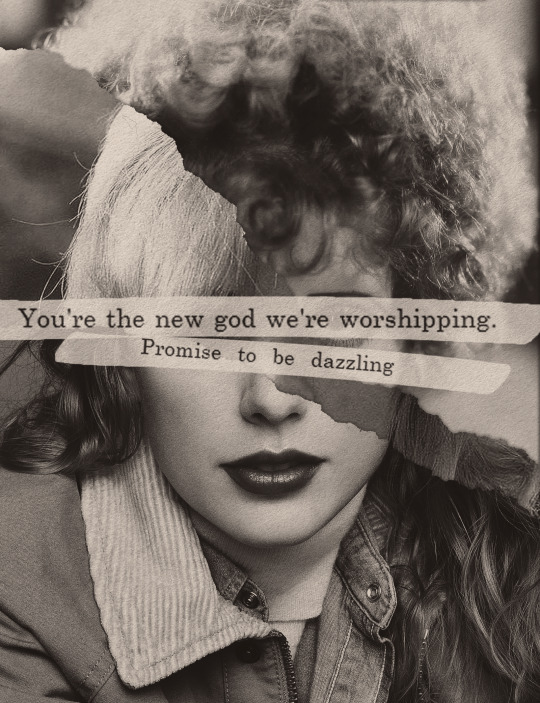
Only when your girlish glow,
flickers just so,
do they let you know:
It's hell on earth to be heavenly.
Them's the breaks, they don't come gently.
Clara Bow - The Tortured Poets Department (2024)
3K notes
·
View notes
Photo



Daemyra + Incorrect Quotes
3K notes
·
View notes
Photo

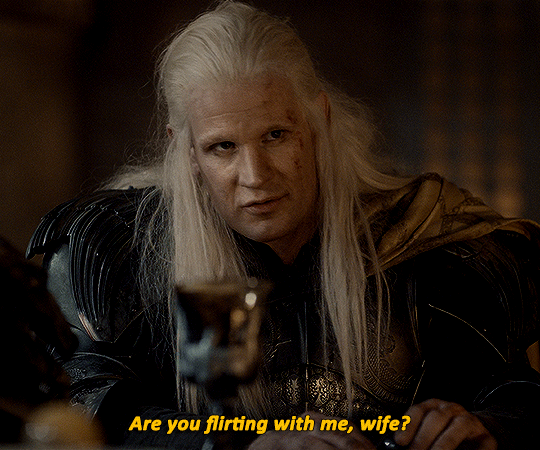
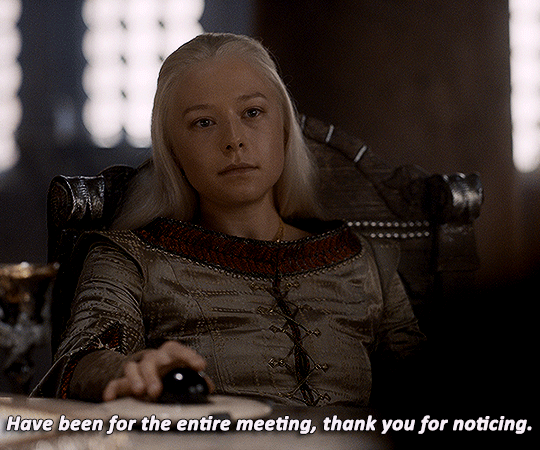
Daemyra + Incorrect Quotes
2K notes
·
View notes
Text
No you don't understand I need to see him crawling, covered in blood, horrifically injured, and traumatized
3K notes
·
View notes
Text
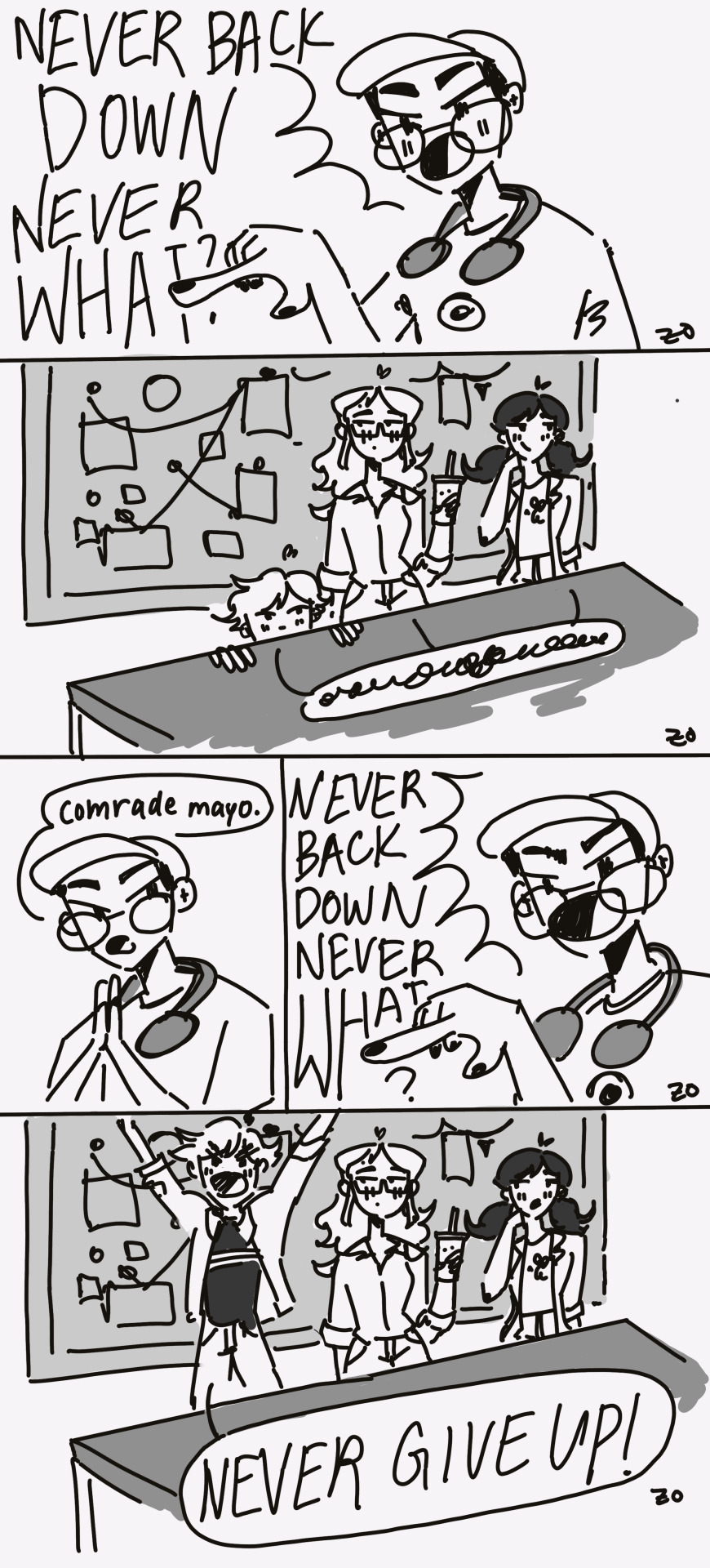
this is what i imagine the resistance meetings were like
7K notes
·
View notes
Text

booktok videos should be categorized as some sort of threat to public health
18K notes
·
View notes
Text
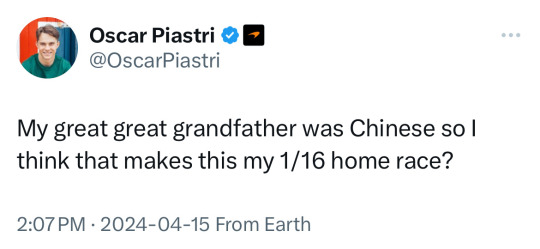
this man thinks he’s the funniest man alive
3K notes
·
View notes
Text
In Japanese, they don’t say “moon,” they say “tsuki,” which literally translates to “moon,” and I think that’s how language works.
511K notes
·
View notes